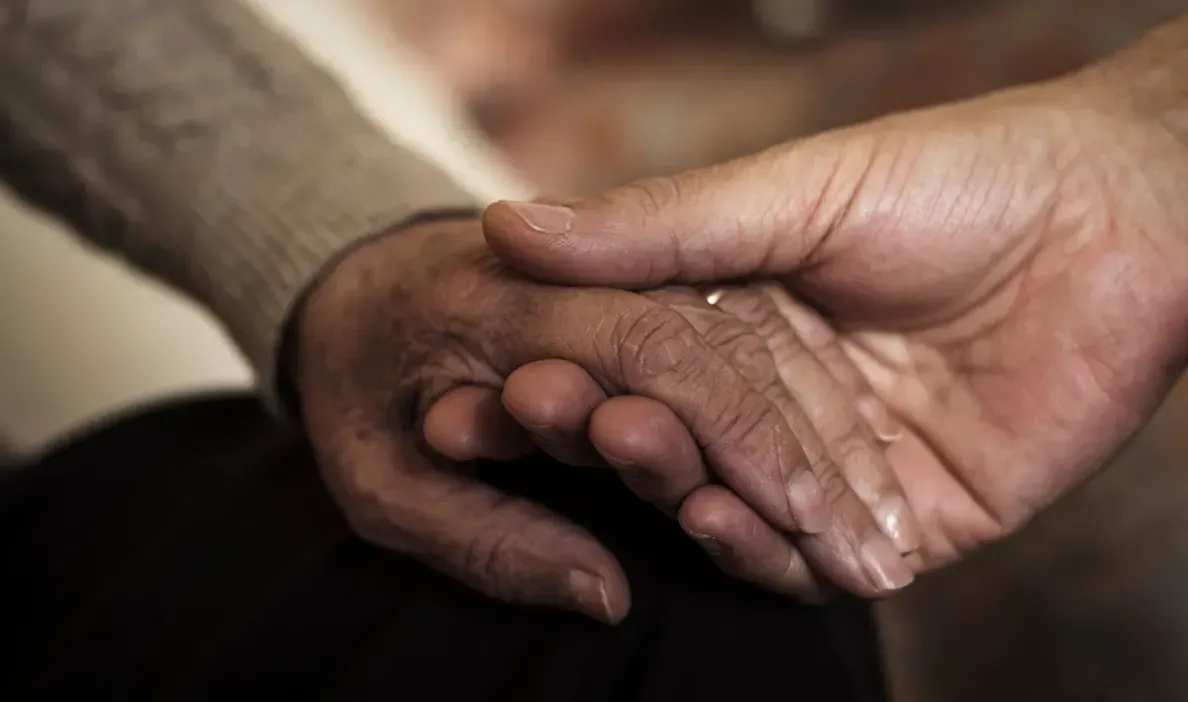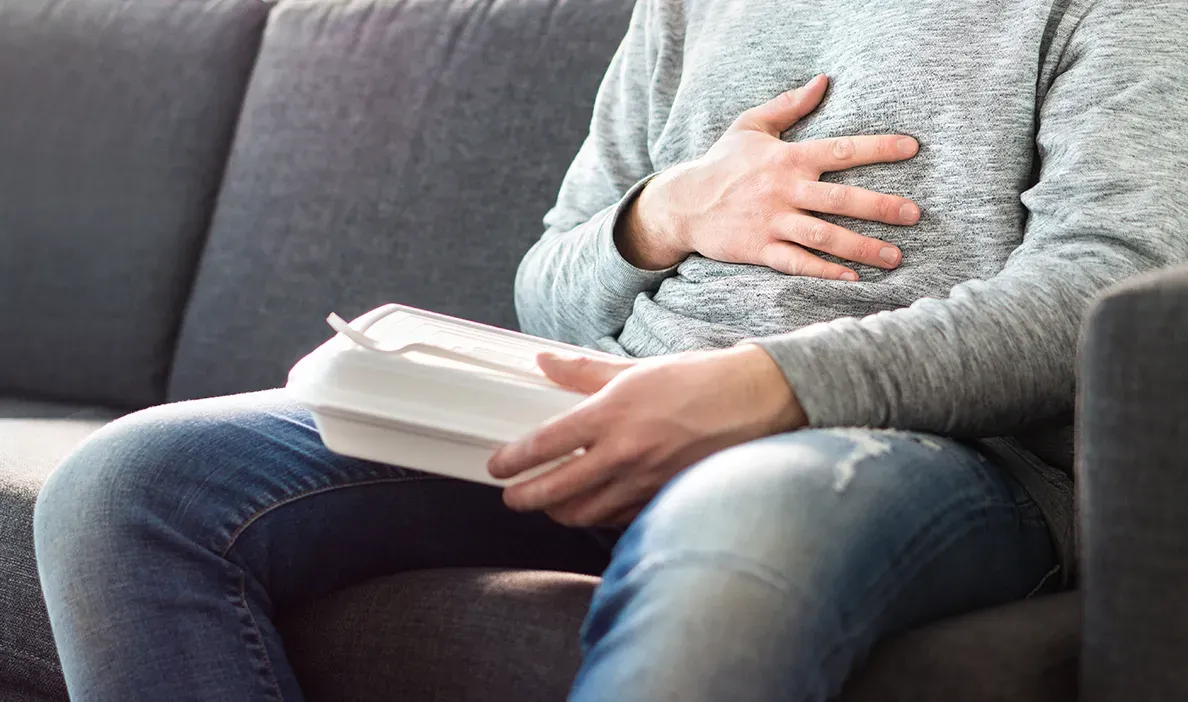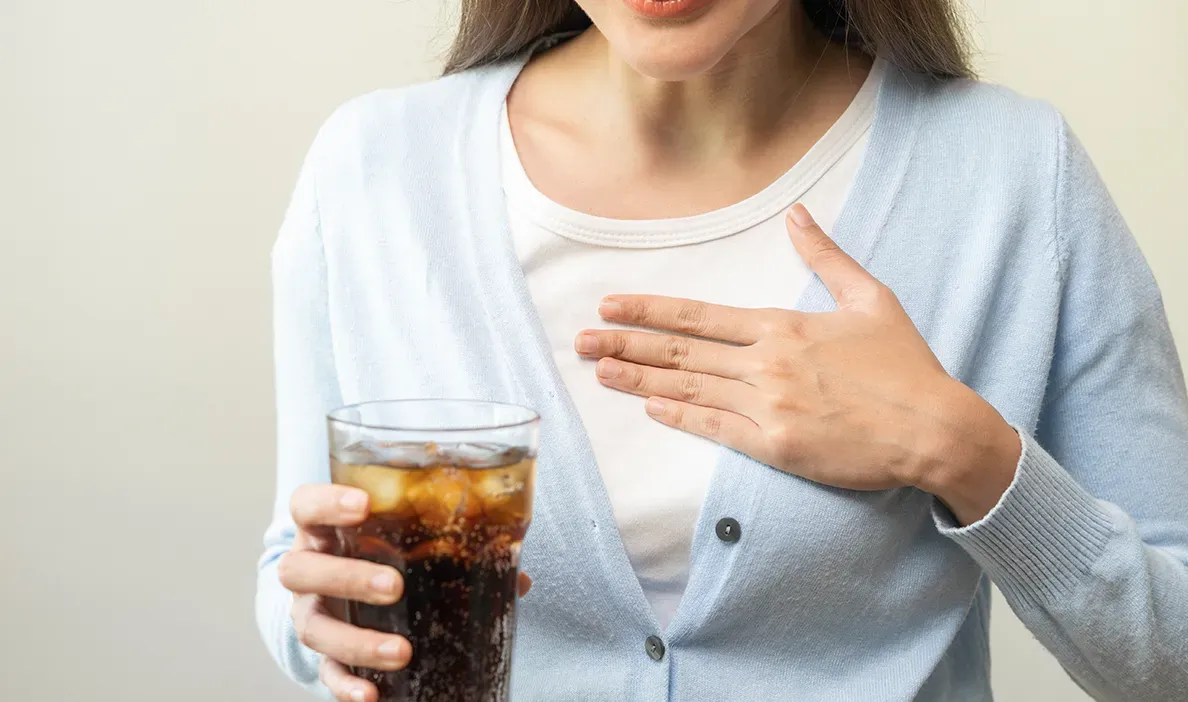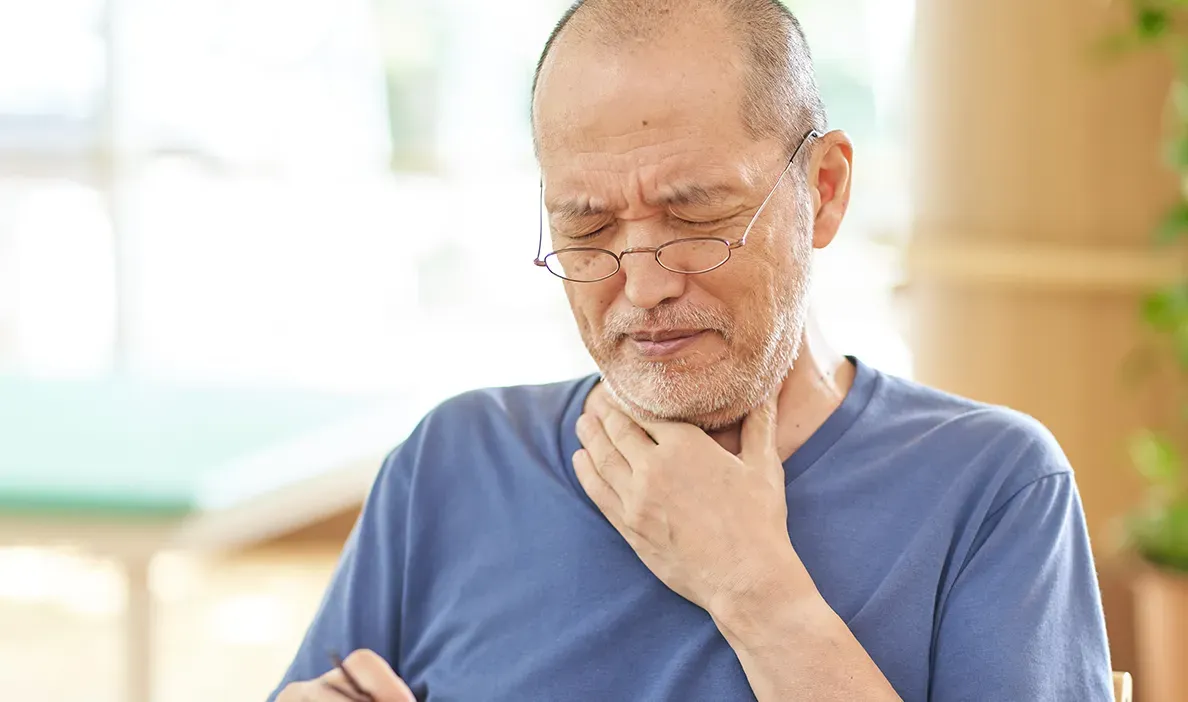Living with cancer can come with a number of challenges.1 For some, cancer can come with an added hurdle known as frailty.2
Below you can find information on what frailty is and some tips that we hope can help you cope with frailty.
What is frailty?
Frailty is a condition where, over time, the body starts to feel weaker, and you feel like you have less energy than before. Frailty can affect anyone, but it is common in people with cancer.2
Some treatments for cancer, such as chemotherapy, radiation or surgery, may take a toll on the body and cause symptoms of frailty. These include muscle and weight loss, and feeling very tired (fatigue).3,4 Being frail can make it more difficult to recover from cancer treatment and may affect how well treatment might work.5
Frailty can be thought of as a snowball. If nothing is done, it may begin with symptoms you consider minor, like feeling a little bit tired or losing a little bit of weight.4 But over time, the symptoms can gradually become more and more noticeable.6
Lowering the risk of frailty
To help protect you from becoming frail while you are having cancer treatment you can:
1. Exercise regularly
Regular exercise can help you to feel strong and be able to do your daily tasks. This could include:
- Light strength training: You could use resistance bands or weights to help improve strength and reduce weakness5,7
- Low-impact cardio: Activities such as walking are great for improving strength4, your joint health and make your heart healthier8
It is important that you are active in a way that is right for you. If you are not sure what you need to do, speak to your GP or healthcare team for advice.
Top tip:
If you can, be active most days of the week. Little and often is the key. Start slow and increase your activity as your strength and confidence grows.5
2. Have a healthy diet
Eating well is very important for our bodies. Not just for protecting against frailty,4 but in everyday life. A healthy diet should include:
- Lots of fruit and vegetables: Aim for at least 5 portions of fruit and vegetables a day9
- Foods that are high in protein: Foods such as lean meat, fish, beans and poultry9,10
- Starchy carbohydrates: Foods like potatoes, and wholegrain bread, rice and pasta are high in fibre and provide a source of energy9 (and wholegrain foods can help you to feel fuller for longer10)
Top tip:
Eat plenty of protein. Current guidelines recommend that men aim for 56 grams per day (based on a bodyweight of 75kg) and women aim for 45 grams per day (based on a bodyweight of 60kg) 11,12
For more information on healthy eating, check out our Nutrition article. Remember, it is okay if you are struggling with your diet, especially if you are making some big changes. If you need support with your eating habits, please speak to your doctor and they will be happy to help you.
3. Get some physical and emotional support
It’s okay to ask for help if you are struggling with frailty. There are different sources of physical and emotional support that you can reach out to. These include:
- Physiotherapists: They can help to create exercise programs for you13
- Nutritionists: They will be able to help you plan meals and make sure you are getting all the nutrients that you need9
- Community support groups: You will be able to connect with people who are in a similar situation to you, where you can find support and share experiences14
Top tip:
Speaking to others about your troubles can help you to manage feelings of anxiety and depression. They might even be able to give you another perspective on any worries or concerns you may have.14,15
Experiencing frailty when you have been diagnosed with cancer can be overwhelming, but it is important to remember you are not alone in this journey. By taking small but consistent steps, including some of those mentioned here, you may be able to regain your strength, re-build your confidence, and improve your quality of life.
References
- Macmillan. Five big issues people with cancer in the UK are concerned about right now. Available at: www.macmillan.org.uk/five-big-issues [Accessed June 2025].
- The Royal College of Radiologists. Implementing frailty assessment and management in oncology services. Available at: www.rcr.ac.uk/our-services/all-our-publications/clinical-oncology-publications/implementing-frailty-assessment-and-management-in-oncology-services/ [Accessed June 2025].
- Cleveland Clinic. Cancer Cachexia. Available at: https://my.clevelandclinic.org/health/diseases/cancer-cachexia [Accessed June 2025].
- British Colombia. Frailty in Older Adults – Early Identification and Management. Available at: www2.gov.bc.ca/gov/content/health/practitioner-professional-resources/bc-guidelines/frailty [Accessed June 2025].
- John Hopkins Medicine. Stay Strong: Four ways to beat the frailty risk. Available at: www.hopkinsmedicine.org/health/wellness-and-prevention/stay-strong-four-ways-to-beat-the-frailty-risk [Accessed June 2025].
- NHS England. Blog by John Young. We must recognise frailty as a long term condition. Available at: www.england.nhs.uk/blog/john-young/ [Accessed June2025].
- NHS. How to improve your strength and flexibility. Available at: https://www.nhs.uk/live-well/exercise/how-to-improve-strength-flexibility/ [Accessed June 2025].
- Everyday Health. Low-impact workouts: health benefits, how to get started, and how to get better. Available at: www.everydayhealth.com/fitness/low-impact-workouts/guide/ [Accessed June 2025].
- Macmillan. Healthy eating and cancer. Available at: www.macmillan.org.uk/cancer-information-and-support/impacts-of-cancer/healthy-eating-and-cancer [Accessed June 2025].
- Cancer Research UK. What is a healthy diet? Available at: www.cancerresearchuk.org/about-cancer/causes-of-cancer/diet-and-cancer/what-is-a-healthy-diet [Accessed June 2025].
- Integris Health. How to avoid frailty as we age. Available at: https://integrishealth.org/resources/on-your-health/2021/september/how-to-avoid-frailty-as-we-age [Accessed June 2025].
- British Nutrition Foundation. Protein. Available from: https://www.nutrition.org.uk/nutritional-information/protein [Accessed June 2025].
- Macmillan. Physical activity and cancer. Available at: www.macmillan.org.uk/cancer-information-and-support/treatment/preparing-for-treatment/physical-activity-and-cancer [Accessed June 2025].
- Macmillan. Cancer self-help and support groups. Available at: www.macmillan.org.uk/cancer-information-and-support/get-help/emotional-help/local-support-groups [Accessed June 2025].
- Macmillan. Cancer and mental heath support. Available at: www.macmillan.org.uk/cancer-information-and-support/treatment/coping-with-treatment/cancer-and-mental-health-support [Accessed June 2025].






